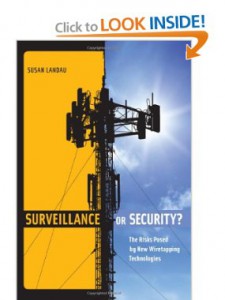
Akbar Ahmed
5.0 out of 5 stars 6 Star (My Top 10%) — The Book Susan Rice Should Read First, June 6, 2013
I received and read this book today, and while I am troubled by the author's buying into the Bin Laden story and the official 9/11 cover-up, this is a six-star book that easily provides one stellar concept that must be integrated into the fabric of every foreign policy — understanding the failures of the centers in each state with respect to the more traditional peripheries — and a deep broad articulation of why the US “war on terror” has actually been a thoughtless unnecessarily expensive and harmful war on tribes.
Ignore those who demean this book or this author. I generally consider Brookings to be expert at publishing dumbed down talking points for loosely-educated policy makers, but this book is easily in the top tier, a book Cambridge or Oxford would be comfortable published, and a book that ties in perfectly with Philip Allot's extraordinary book The Health of Nations: Society and Law beyond the State. Read my review of that book as a pre-quel to reading this book, which I certainly recommend in the strongest possible terms.







